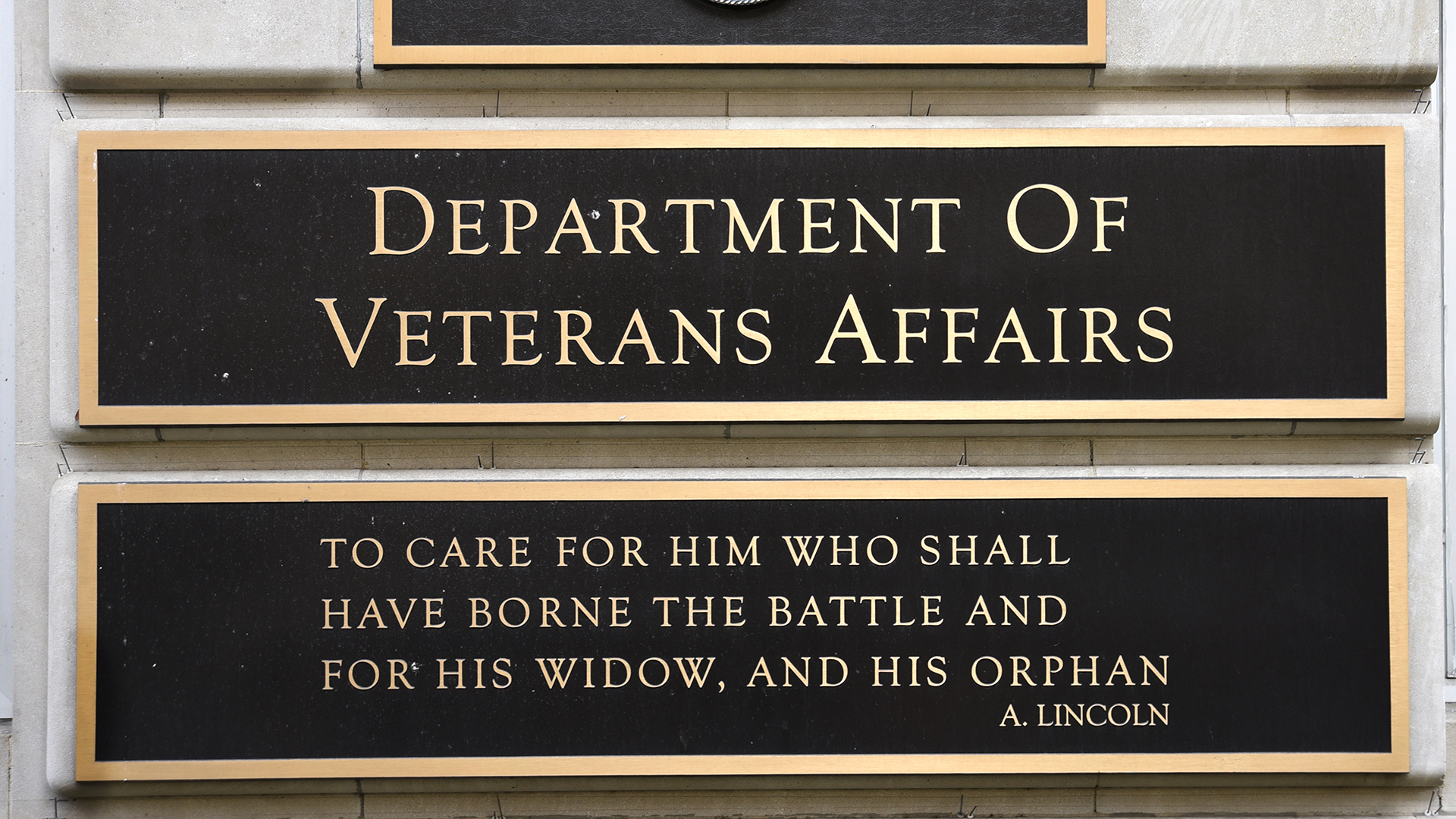Sometimes a story seems too good to be true — and not actually in a good way. Like the possibility of means-testing disability payments from the Department of Veterans Affairs based on income, which would mean that the more money one earns at work, the less one would receive based on a service-related disability.
This was outlined in a proposal from the Congressional Budget Office (CBO) published last December on possible ways to reduce government spending. The CBO also published another report, “Trends in DoD’s and VA’s Budgets for Military Compensation,” earlier this month, which analyzed ways to limit the U.S. military’s compensation budget over the coming years.
The reaction to these reports was, needless to say, not positive.
According to the December proposal, military veterans would starting in 2024 only receive their full disability payments if their annual household income – adjusted for inflation – was below a certain level.
“Disability benefits would be phased out at a constant rate for veterans with income above the threshold,” reads the document. “For every additional two dollars of gross household income, disability compensation would decrease by one dollar. Under that phaseout, veterans whose gross household income was $170,000 or higher in calendar year 2023 and who would have received the average annual payment would no longer receive any disability compensation from VA in calendar year 2024.”
Subscribe to Task & Purpose Today. Get the latest military news, entertainment, and gear in your inbox daily.
In this case, gross income would be defined as the “income (before deductions) received by the veteran, his or her spouse, and any dependents in the prior calendar year,” including wages, Social Security benefits, investment and retirement income and excluding VA disability payments.
The threshold below which veterans would receive full benefits would be set at $125,000, and according to the CBO, roughly 1.5 million out of 5 million total veterans receiving disability benefits exceeded that threshold in 2019. Over a 10 year period, this would reduce spending on disability benefits by $253 billion.
The proposal also outlines cuts to income security programs – things like Supplemental Nutrition Assistance Program (SNAP) or the Supplemental Security Income program (SSI) – that are used by both veterans and active duty service members. Tightening restrictions on who can access these programs could reduce spending by $327 billion over the same 2023-2022 timeframe, according to the proposal. When added to that disability cuts, that’s roughly $580 billion total.
While the overall number of veterans in the country has decreased over the last two decades, spending levels have continued to go up, according to the CBO. The VA budget has increased “300 percent in real (inflation-adjusted) terms since 2000; it has increased by 35 percent since 2017,” according to the CBO. In real numbers, that means that in 2023, the VA budget requests contained $153 billion for income security programs, which included disability payments as well as pensions. There was also $124 billion for medical care and $21 billion for education and vocational programs, as well as housing and administrative costs.
On the surface, not much, if anything, in this proposal looks good. Afterall, gross income should be kind of superfluous to receiving a disability payment. It’s purpose is, after all, to compensate someone for a disability they received while performing a duty, regardless of if they later went on to found a small business, invest well, get a business degree, start of T-shirt company, or anything else that could conceivably net someone more than $125,000 a year. Or to compensate them when they are truly struggling with financial stability.
It’s important to note, though, that this is just a proposal. While the CBO does have the words “Congressional” and “Budget” in its title, it does not enact policy. Indeed, the means-testing for VA benefits is just one of 17 proposals “covering a broad range of issues, as well as separate reports that include options for changing federal tax and spending policies in particular areas,” according to the CBO.
The CBO “presents an estimate of its effects on the budget but makes no recommendations,” according to the report.
“We don’t think this is a good idea,” said VA Secretary Denis McDounough when asked about the CBO proposal on Thursday by Military Times reporter Leo Shane III, adding that no one within the VA or in Congress was giving any serious consideration to the spending cuts.
So, no need to be overly concerned about anything in this proposal actually being enacted. It is a good reminder, though, to always read through the tens of thousands of pages of fine print that the government produces.
The latest on Task & Purpose
- The Army has finally fielded its replacement for its Vietnam-era armored personnel carriers
- Guards open fire after a car ran the gate at Naval Base Coronado
- Everything you need to know about Army Mountain Warfare School
- Fake Marine gets 70 months in prison for defrauding veterans charities
- US airman accused of insider attack in Syria cleared of all charges









